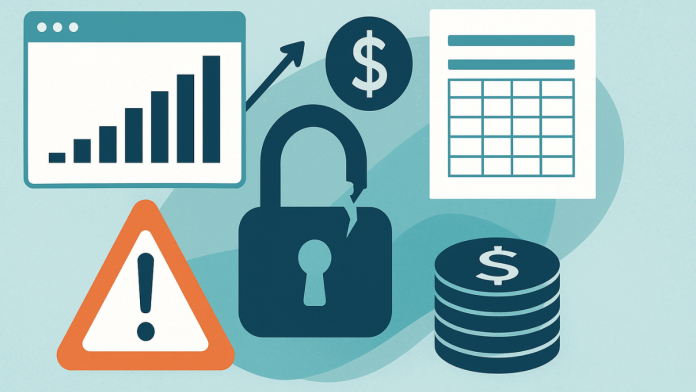In a stunning legal outcome, Charlie Javice, the founder and CEO of the startup Frank, has been sentenced to 85 months in prison for orchestrating a massive fraud that cost J.P. Morgan Chase (JPMC) $175 million. Javice and her co-defendant, Olivier Amar, were found guilty of conspiracy, wire fraud, bank fraud, and securities fraud after a six-week jury trial in March 2025. The case revealed a complex scheme where the CEO dramatically inflated the number of users of her company to make it appear far more successful than it really was.
Along with the prison sentence, the court imposed significant financial penalties. Javice must pay over $300 million, including $22,360,977.48 in forfeiture and $287,501,078 in restitution, which she is jointly responsible for with Amar. The court also ordered three years of supervised release after her prison term.
The Fraud Scheme
Frank was a for-profit company founded in 2017, offering an online platform designed to simplify the FAFSA process, the federal form students use to apply for college financial aid. Javice repeatedly told JPMC that Frank had 4.25 million users, defining a user as someone with at least four pieces of data, including first name, last name, email, and phone number. In reality, Frank had approximately 300,000 users, far fewer than claimed.
Irvin C. Francois III pleads guilty to CARES Act fraud and money laundering in New Orleans
When JPMC began verifying these numbers as part of the acquisition process, Javice and Amar fabricated a dataset to make the company appear legitimate. Initially, Javice asked Frank’s director of engineering to create synthetic data. The engineer refused, citing legal concerns, to which Javice reportedly said, “We don’t want to end up in orange jumpsuits.” Undeterred, she hired an outside data scientist to generate the fake data and then provided it to a third-party vendor. The vendor confirmed that the dataset had over 4.25 million rows, aligning with Javice’s misrepresentations.
To further back up the fraud, Javice and Amar purchased real data on millions of students from the open market. However, this data lacked all the fields Javice had claimed to JPMC. After the acquisition, when JPMC employees requested Frank’s user data for marketing campaigns, Javice provided the purchased data, misleading the bank into believing it was the real user base.
Financial and Legal Consequences
The fraudulent misrepresentation led JPMC to acquire Frank for $175 million. Javice personally gained over $21 million from selling her equity stake and was eligible for a $20 million retention bonus, all based on false data.
Newton psychologist Eric Brown pleads guilty to wire fraud and money laundering charges
During sentencing, U.S. District Judge Alvin K. Hellerstein imposed the prison term, supervised release, and financial penalties, emphasizing the seriousness of the offense. Javice and Amar’s scheme demonstrated deliberate planning and deception, exploiting trust in high-profile business transactions.
The case was handled by the U.S. Attorney’s Office for the Southern District of New York, specifically the Complex Frauds and Cybercrime Unit. Attorney Amanda Houle praised the investigative work of federal agents and highlighted the severity of the fraud. Assistant U.S. Attorneys Nicholas W. Chiuchiolo, Micah F. Fergenson, and Georgia V. Kostopoulos led the prosecution, revealing how Javice and Amar carefully orchestrated the scheme and concealed their actions from the bank.
This case illustrates how serious the legal system treats financial fraud, particularly in high-stakes startup acquisitions involving millions of dollars. The combination of fabricated datasets, purchased student information, and misleading representations to investors shows the lengths to which Charlie Javice and Olivier Amar went to commit the fraud and profit personally.


